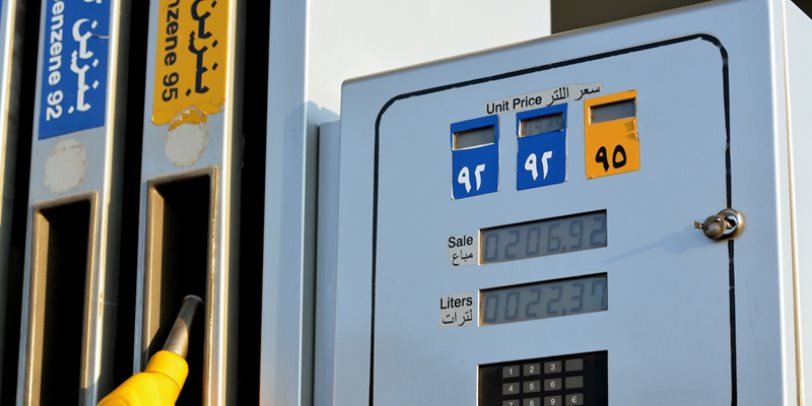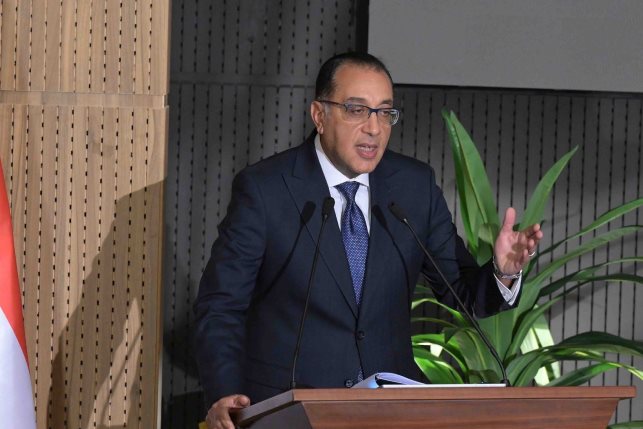Egypt Adjusts Fuel Prices Amid Global Energy Turbulence: Navigating Economic Realities
The decision comes amid rising global oil prices, compounded by conflicts such as the Gaza war and the Russo-Ukrainian war.

In a move that reflects global trends, Egypt has recently announced a significant increase in the prices of gasoline and diesel, aligning with the surge witnessed in energy markets worldwide. This decision, made by the Committee for Pricing Petroleum Products in Egypt, comes after multiple postponements, underscoring the complexities faced by the country in managing its energy sector amidst global economic dynamics and regional conflicts.
The Committee for Pricing Petroleum Products in Egypt announced Friday morning the adjustment of gasoline and diesel prices, citing alignment with global market trends.
The decision comes amid rising global oil prices, compounded by conflicts such as the Gaza war and the Russo-Ukrainian war.
A government source stated, "The prices of gasoline 80, 92, and 95 have increased by one Egyptian pound, resulting in a 10% increase in fares." Additionally, "Diesel prices have risen by 175 piasters, corresponding to a 15% increase in ticket prices, while gas cylinders have increased by one pound, leading to a 10% hike in fares."
Reasons Behind the Increase:
1. Global Influence:
The decision to raise fuel prices in Egypt echoes the impact of global events on local markets. With crude oil prices soaring due to geopolitical tensions, including the war in Ukraine and conflicts in the Middle East, Egypt finds itself compelled to adjust domestic fuel prices to reflect international trends accurately.
2. Economic Imperatives:
The increase in fuel prices also reflects Egypt's economic realities, as the country grapples with fiscal challenges and strives to rationalize subsidies. Subsidies on fuel have long been a significant burden on the Egyptian budget, necessitating periodic adjustments to mitigate financial strains and promote fiscal sustainability.
3. Budgetary Pressures:
The government's decision to raise fuel prices is also driven by budgetary considerations. With subsidies on petroleum products consuming a substantial portion of the national budget, adjusting prices becomes imperative to manage expenditures effectively and allocate resources to priority areas such as infrastructure, healthcare, and education.
4. External Factors:
Egypt's reliance on fuel imports further compounds the impact of global price fluctuations on domestic markets. Currency depreciation and rising import costs contribute to the upward trajectory of fuel prices, necessitating adjustments to maintain market stability and mitigate supply chain disruptions.
Implications for Consumers and the Economy:
The increase in fuel prices is expected to have far-reaching implications for Egyptian consumers and the broader economy. Higher transportation costs are likely to translate into elevated prices for goods and services, potentially fueling inflationary pressures and eroding purchasing power.
Moreover, businesses reliant on fuel for their operations may face increased operating costs, impacting profitability and competitiveness.
Government Response and Mitigation Efforts:
In response to the fuel price hike, the Egyptian government has announced measures aimed at mitigating the impact on vulnerable segments of society. Subsidies and social welfare programs are being expanded to cushion the effects of rising living costs, ensuring that essential goods remain affordable for low-income households.
Additionally, the government is intensifying efforts to diversify the energy mix and reduce dependence on fossil fuels. Investments in renewable energy infrastructure and energy efficiency initiatives are being prioritized to enhance energy security, promote sustainable development, and mitigate the long-term effects of oil price volatility on the economy.
Looking Ahead:
As Egypt navigates the complexities of its energy sector, policymakers face the challenge of balancing economic imperatives with social considerations. While adjustments to fuel prices are necessary to align with global market dynamics and fiscal realities, ensuring that vulnerable segments of society are protected remains paramount.
Moreover, the government's commitment to sustainable energy transition and economic diversification will play a crucial role in mitigating the impact of future oil price fluctuations and enhancing resilience to external shocks. By fostering innovation, promoting renewable energy adoption, and strengthening social safety nets, Egypt can navigate the challenges posed by volatile energy markets while advancing its long-term development goals.
In conclusion, Egypt's decision to raise oil and diesel prices underscores the intricate interplay between global economic forces and domestic policy imperatives. As the country charts its course in an evolving energy landscape, strategic planning, and targeted interventions will be essential to safeguarding economic stability, promoting inclusive growth, and advancing sustainable development agendas.





